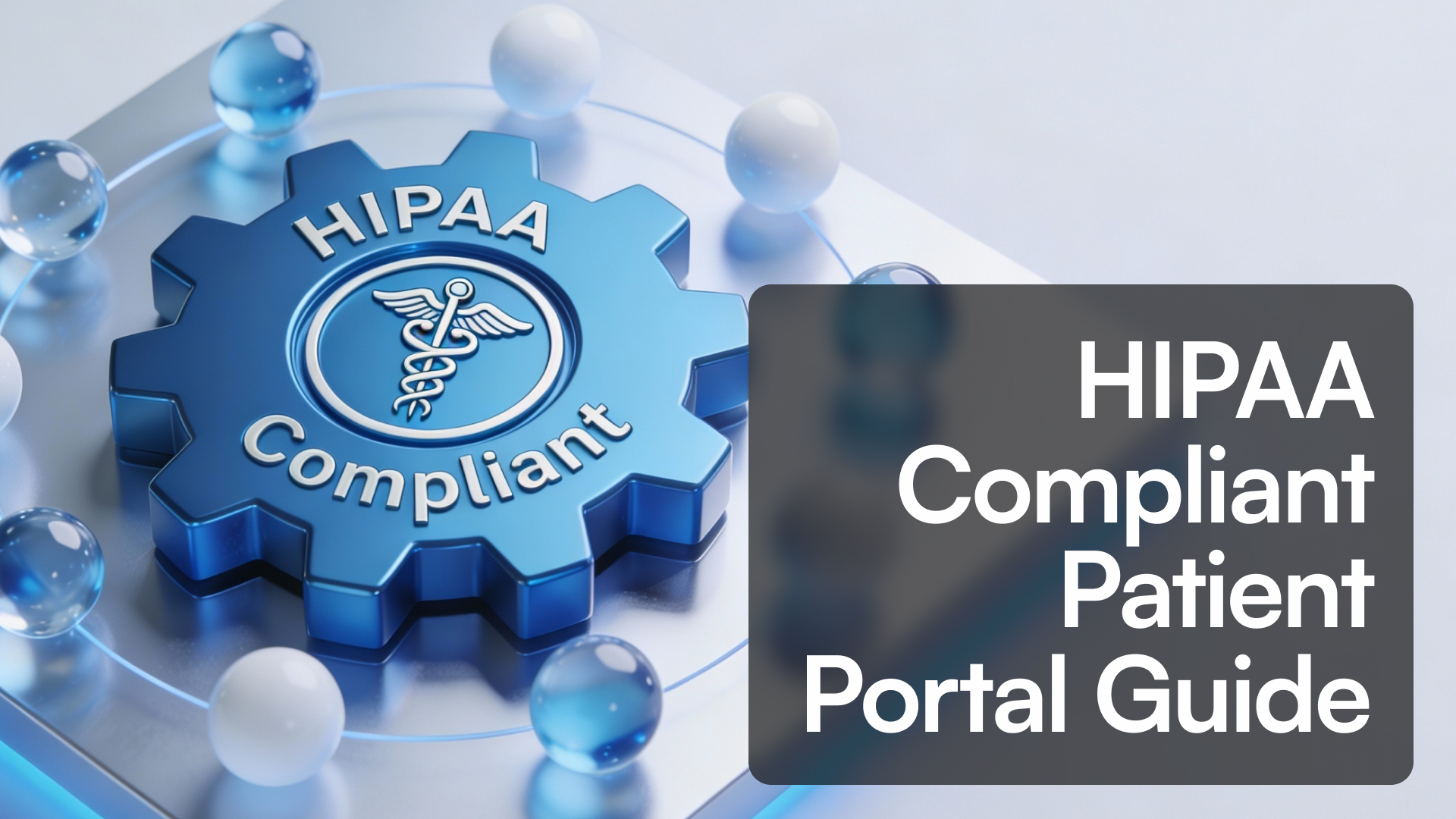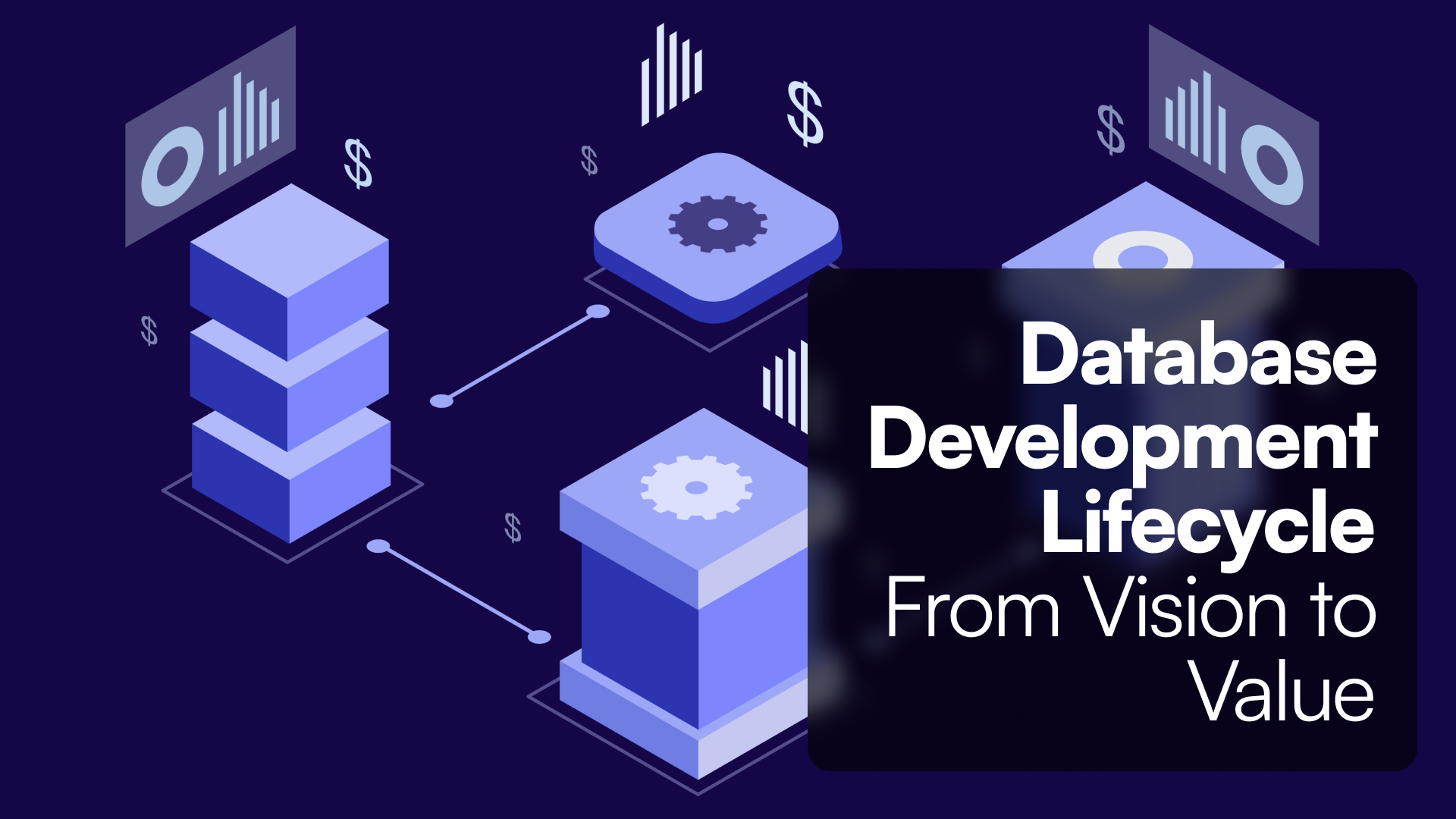Introduction
Building meaningful customer relationships is the foundation of a thriving business, and effectively managing those relationships can unlock sustained growth. Customer Relationship Management (CRM) systems are designed to do just that—they help businesses keep track of interactions, organize customer data, and automate essential tasks, all of which drive sales and streamline operations.
In this guide, we’ll break down what CRM is, why it’s essential, and how a tailored CRM solution—like those from Tadabase—can transform your business.
What is CRM?
CRM (Customer Relationship Management) refers to software systems that help businesses manage relationships with customers and prospects. The goal is simple: improve relationships, increase sales, and deliver personalized customer service—all from one central platform.
Think of a CRM as the hub of your customer interactions. Every touchpoint—from sales calls to support tickets to social media messages—gets funneled into the CRM, giving your team a complete 360-degree view of every customer. This makes it easier to follow up, solve issues faster, and provide personalized experiences.
Analogy: Imagine CRM as the control tower at an airport. Just as the tower keeps track of every plane, flight path, and status, a CRM keeps track of all your customer interactions, ensuring smooth "landings" every time you connect with a customer.
If your business is looking to build a solution tailored to its specific needs, Tadabase offers fully customizable CRM templates, giving you the flexibility to scale and adapt as you grow. Explore more about Tadabase’s Custom CRM.
Why is CRM Important?
Every business strives to deliver personalized, seamless customer experiences—but without a CRM, that task becomes nearly impossible, like trying to organize a concert without a backstage manager. It’s chaotic and disorganized. In fact, 73% of customers expect businesses to understand their needs and deliver personalized experiences, according to Salesforce’s State of the Connected Customer report?.
Without a CRM, important data—like emails, customer interactions, and service requests—gets scattered across spreadsheets and separate systems, making it hard to get a clear picture of each customer. This fragmented approach makes it difficult to provide the consistent, tailored experiences that customers now expect.
By consolidating all customer information into a single system, CRM platforms help businesses avoid these silos and deliver personalized services that build stronger relationships. In short, CRM helps businesses connect the dots between customer interactions, ensuring that every customer receives the attention and personalization they expect.
Here’s why CRM is crucial for your business:
- Single Source of Truth: With CRM, all customer data—from emails to phone calls to service requests—lives in one system. This means everyone on your team has the latest, most accurate information.
- Boost Efficiency: Automating routine tasks like follow-ups, data entry, and reporting means your team spends less time on admin work and more time closing deals or solving customer issues.
- Personalized Service: Having a complete view of customer interactions enables you to offer personalized service, which leads to higher satisfaction and retention rates.
For industries that are customer-driven, like real estate, having the right CRM system can be a game-changer. Learn how a real estate CRM simplifies lead management and boosts efficiency.
Key Features of CRM Software
The true power of a CRM comes from its features. Here’s a rundown of the essential tools you should expect from any CRM platform:
a) Contact Management
Store all customer information—such as contact details, purchase history, and social media profiles—in one place. This centralized data gives your team quick, reliable access, ensuring consistency in how you communicate with customers.
b) Sales Pipeline Tracking
Track where each lead or customer stands in your sales pipeline, from the initial inquiry to deal closure. Tadabase’s Sales Database Solutions lets you customize your pipeline to match your unique sales process. Learn more about Tadabase’s Sales Database Solutions.
c) Automation and AI
Automate repetitive tasks, such as sending follow-up emails or updating records. Advanced CRM platforms also incorporate AI to predict customer behavior, provide insights, and recommend next steps, ensuring your team is always one step ahead.
d) Reporting and Analytics
Real-time reporting allows you to track performance metrics such as sales growth, marketing ROI, and customer service efficiency. This data-driven approach helps you spot trends and optimize business strategies.
For businesses that require industry-specific solutions, a custom CRM system might be the best fit. Discover five compelling reasons to create a custom CRM solution for your business.
How CRM Can Benefit Your Business
A CRM isn’t just for managing customer relationships; it provides real, measurable benefits to your entire operation. Let’s take a look at some of the most significant advantages:
a) Increased Sales Revenue
CRM systems have been shown to significantly boost sales. According to Salesforce, companies using CRM software can see a 29% increase in sales, along with improved sales forecast accuracy and productivity?. This boost is largely due to the automation of administrative tasks, freeing up sales teams to focus on closing deals rather than spending time on data entry and manual follow-ups.
b) Improved Marketing Efficiency
CRM platforms enhance marketing efforts by providing detailed insights into customer data. Users of CRM systems report better access to client information, enabling them to offer more personalized services. In fact, 74% of CRM users claim that the system improves their ability to deliver individualized service, which can improve marketing effectiveness.
c) Better Customer Retention
Utilizing a CRM can significantly boost customer retention rates. 47% of CRM users report that the technology they employ has a strong influence on increasing customer satisfaction and retention by providing personalized, efficient service.
For industries like real estate, using a tailored CRM can greatly enhance your ability to manage client relationships, increase retention, and close more deals. Check out the best real estate CRM solutions for 2025.
d) Streamlined Operations
Automating repetitive tasks like data entry, follow-ups, and reporting allows your team to focus on strategic, high-impact activities, making your business run smoother.
e) Cross-Department Collaboration
A CRM breaks down silos by giving your sales, marketing, and support teams access to the same customer data. This improves communication and ensures everyone works from the same playbook, delivering a consistent customer experience.
Types of CRM Systems
Different types of CRM systems are available depending on your business needs:
a) Operational CRM
This type of CRM focuses on automating sales, marketing, and customer service processes. It streamlines workflows, reducing the manual effort needed to manage customer relationships. Best For: Businesses with high-volume sales and support teams that need to automate repetitive tasks like follow-ups, lead scoring, and customer service requests. Ideal for companies looking to enhance efficiency and reduce manual labor.
b) Analytical CRM
Analytical CRMs are designed to analyze customer data and behavior to help businesses make more informed decisions. These CRMs excel at forecasting trends, understanding customer behavior, and optimizing marketing strategies. Best For: Companies with large amounts of customer data that want to focus on data-driven decision-making, such as identifying trends, forecasting sales, and refining marketing strategies based on detailed insights.
c) Collaborative CRM
A collaborative CRM helps improve communication between departments by providing a shared view of customer interactions. Sales, marketing, and customer service teams can collaborate more efficiently using a single system. Best For: Organizations where multiple departments need to work together, such as cross-functional teams in larger businesses. It’s particularly useful for companies focused on enhancing communication and collaboration between teams.
d) Industry-Specific CRM
Some CRM platforms cater to specific industries. For example, Tadabase’s Real Estate CRM offers real estate professionals a tailored solution for managing properties, leads, and client relationships. Best For: Businesses with niche needs, such as real estate, healthcare, or legal firms, where tailored features like property management, case tracking, or client-specific workflows are essential for success. Learn more about Tadabase’s Real Estate CRM.
Top CRM Platforms for 2025
If you’re evaluating CRM platforms, here are the top options to consider for 2025:
Tadabase 
Tadabase offers a customizable CRM system designed to fit your unique business needs. Whether you’re in real estate, sales, or customer service, Tadabase’s CRM templates provide flexibility and scalability.
Explore Tadabase’s Custom CRM Templates.
Why Tadabase: With Tadabase, you’re not limited by out-of-the-box solutions. We specialize in delivering tailored CRM systems that fit seamlessly with your workflows, from automating routine tasks to building custom dashboards. Our focus is on providing a CRM that grows with your business.
Potential Drawback: For businesses that need a super simple, out-of-the-box solution or are just starting out with minimal requirements, Tadabase’s highly customizable approach might feel like overkill. Day-one startups or small teams needing a quick, plug-and-play CRM might prefer more simplified platforms until their needs grow.
Salesforce 
Salesforce is a cloud-based CRM that offers powerful AI-driven insights and automation features. It’s widely used across various industries and is perfect for large enterprises.
Why Choose Salesforce: Salesforce offers one of the most feature-rich CRMs available, making it great for large companies that need detailed analytics, AI insights, and extensive integrations.
Potential Drawback: Salesforce’s extensive features come at a cost, and it can get expensive, especially as your business scales and requires access to additional tools or custom development. Many businesses also find that Salesforce has a steep learning curve, making initial setup and ongoing management challenging without external expertise.
HubSpot 
HubSpot offers an intuitive, free CRM that’s easy to implement, making it ideal for small and medium businesses just starting their CRM journey.
Why Choose HubSpot: HubSpot’s simplicity and free version make it an attractive option for smaller businesses or startups that need basic CRM features without a financial commitment.
Potential Drawback: While HubSpot’s free version covers the basics, more advanced features (like marketing automation and reporting) come with premium pricing tiers. As businesses grow, the costs for HubSpot’s paid plans can add up, making it less competitive for companies that need advanced functionality without the high cost.
Zoho CRM 
Zoho CRM is a budget-friendly option with strong automation features, perfect for growing businesses that need scalability.
Why Choose Zoho: Zoho CRM is perfect for growing businesses that want to automate their processes and scale efficiently. We’ve seen businesses benefit from Zoho’s affordable pricing model and extensive customization options, which make it suitable for various industries.
Potential Drawback: Zoho CRM’s interface and user experience can sometimes feel less polished compared to other CRMs. Additionally, while it offers many features, some users report that Zoho’s customer support can be slow, particularly when dealing with more complex issues.
Microsoft Dynamics 365 
Microsoft Dynamics integrates seamlessly with the Microsoft ecosystem, making it a great choice for businesses already using Office 365 and Azure.
Why Choose Microsoft Dynamics 365: For businesses heavily invested in Microsoft products, Dynamics 365 offers deep integration, making it easy to connect across teams and departments.
Potential Drawback: Microsoft Dynamics can be overwhelming for smaller businesses due to its complexity and the high level of customization required. Additionally, while it’s powerful, the pricing can escalate quickly, especially for businesses that need premium features or advanced integrations.
Frequently Asked Questions
1. What does CRM software do?
CRM software helps businesses manage customer relationships by storing customer data, tracking interactions, and automating workflows. It gives your team a complete view of each customer’s journey, from the first contact to post-sale support.
2. Why should I choose Tadabase CRM?
Tadabase’s CRM is fully customizable, meaning you can build workflows, dashboards, and reports that fit your specific business needs. Whether you need a custom solution or a real estate-specific CRM, Tadabase offers unmatched flexibility and scalability.
3. How does CRM improve customer retention?
CRM systems allow businesses to track customer interactions, resolve issues faster, and offer personalized service. By understanding your customers better, you can anticipate their needs, solve problems proactively, and build lasting relationships.
4. What industries benefit most from CRM?
Industries such as real estate, eCommerce, healthcare, and customer service all benefit from CRM systems. For example, Tadabase’s Real Estate CRM is designed to help real estate professionals manage leads and properties more effectively. Learn more about Tadabase’s Real Estate CRM solution.
5. How much does CRM software cost?
Costs vary based on the platform and features. Some CRMs, like HubSpot, offer free versions, while others like Salesforce or Microsoft Dynamics come with tiered pricing. Tadabase offers customizable pricing, ensuring you only pay for the features you need.
Conclusion
CRM is no longer a luxury—it’s a necessity for businesses aiming to improve customer relationships, streamline operations, and grow sales. Whether you're focused on closing more deals, improving customer service, or enhancing team collaboration, a CRM system will transform how you operate. Tadabase offers flexible, scalable CRM solutions that grow with your business.
Ready to get started? Discover Tadabase’s Custom CRM solutions and see how you can take your business to the next level.







